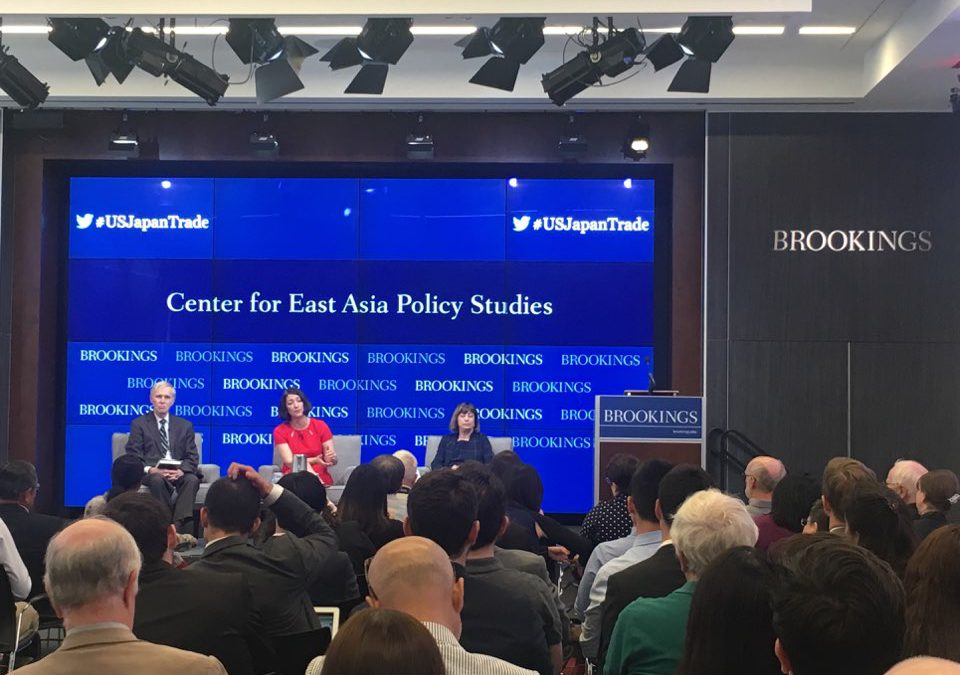WASHINGTON – A trade agreement reached between Japan and the European Union has many U.S. meat producers concerned about future exports.
The agreement, reached last week, calls for Europe to lower tariffs on Japanese automobiles in return for Japan lowering tariffs on European meat and dairy products. The change is particularly alarming for beef and pork farmers because Japan has been the biggest export market for U.S. beef and the second-biggest export market for U.S. pork.
“I would expect Europe having a more competitive position on pork markets than they do today, and beef markets as well,” American Farm Bureau Federation Chief Economist Bob Young said. “Any move that they make that would give Europe preferential tariff provisions than what the U.S. has just makes it that much tougher for us to land a product into that market.”
The Japan-EU Economic Partnership Agreement, signed July 6, reflects Japan’s continued willingness to take a more active role in the global trade scene, according to Mireya Solís, a senior fellow at the Brookings Institution and the author of “Dilemmas of a Trading Nation: Japan and the Asia-Pacific Economic Order.”
“It sends a very strong message to the Trump administration that some of its closest partners, large industrialized countries, still believe in the benefit of trade agreements and that they see trade as a win-win proposition,” Solís said.
One analyst says the deal was agreed in part because of President Donald Trump’s decision to withdraw from the Trans-Pacific Partnership.
“The TPP, including the U.S., had been a main pillar of Japan’s trade strategy. Japan was forced to create a new strategy after the U.S. withdrawal from the TPP,” Junichi Sugawara, senior research officer at the Mizuho Research Institute in Tokyo, said in an email interview.
“Walking away from TPP without a meaningful alternative in place put U.S. beef producers at a serious disadvantage,” said Kent Bacus, director of international trade and market access at the cattle producer trade association National Cattlemen’s Beef Association, in a statement.
The agreement also will make it difficult for the U.S. to replicate the favorable terms of the TPP in future bilateral trade agreements with Japan, according to Solís. The Trump administration has not clarified what its strategy for bilateral agreements will look like moving forward.
But the Japan-EU agreement faces challenges. European countries’ enthusiasm towards ambitious globalization and free trade has waned in recent years, Solís said, and winning ratification from member states could take several months. Japan and the EU still have to work out an investor dispute resolution system as well.


